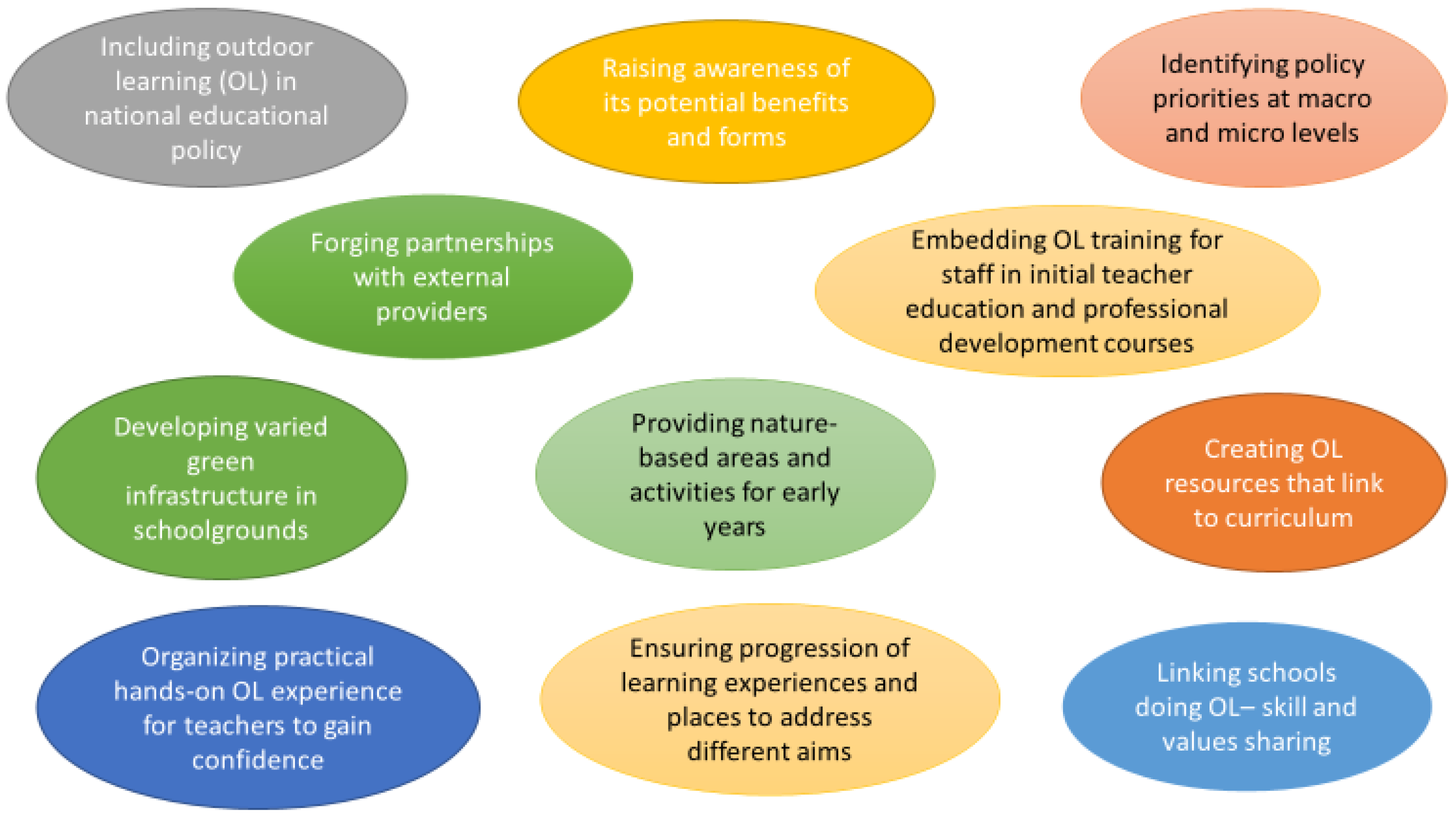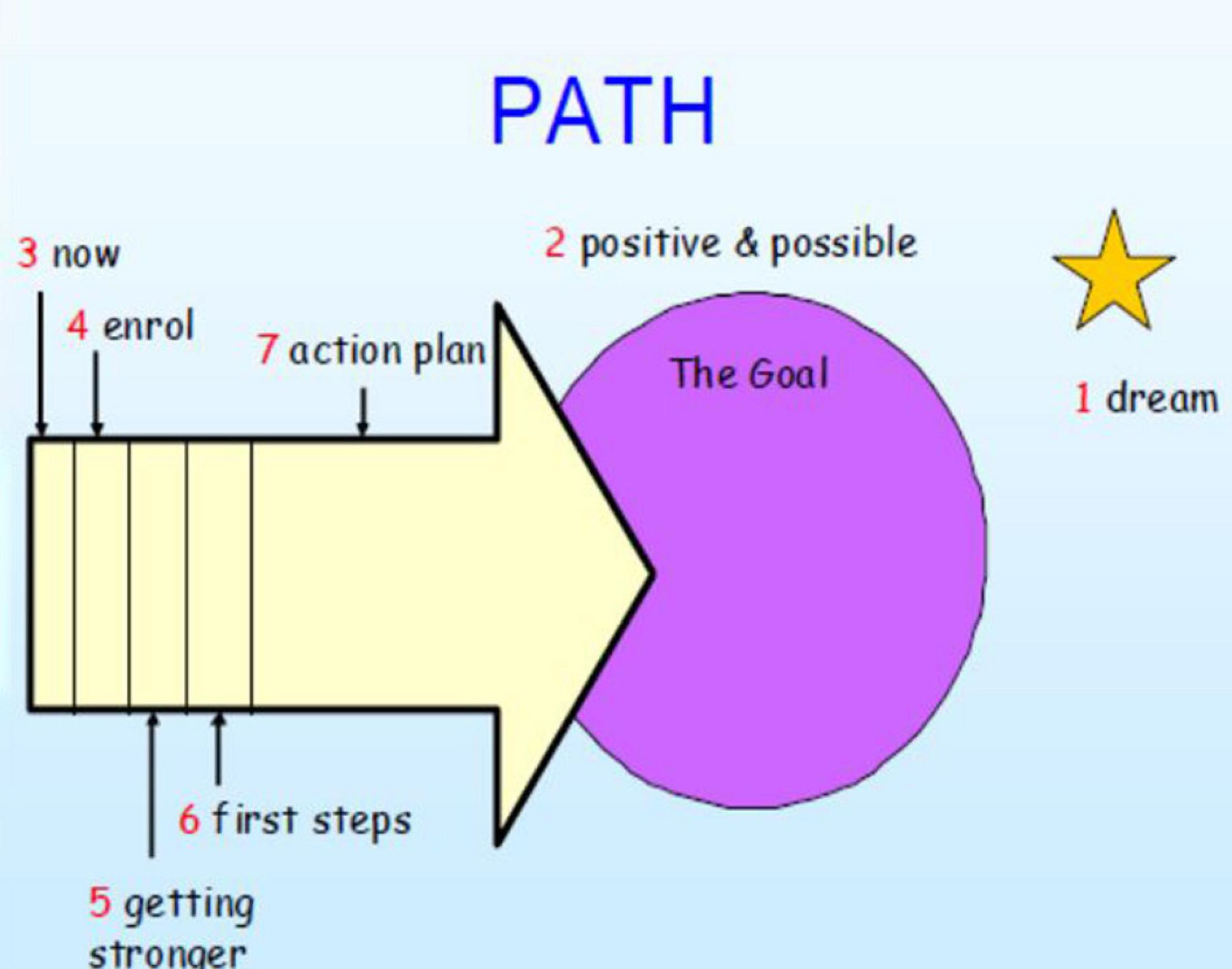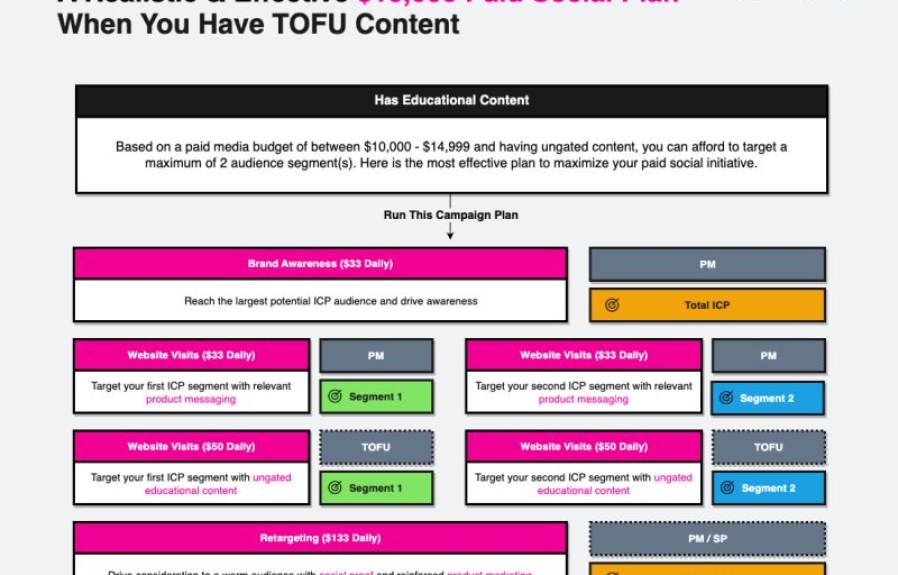A Long Term Plan in the Early Years Foundation Stage (EYFS) outlines goals for children’s learning and development. It should cover all areas of learning like communication, physical development, and personal, social, and emotional development to ensure holistic growth and progress.
Planning should be flexible, responsive, and cater to individual needs while following the EYFS framework and keeping parents informed and involved. Setting clear learning objectives with measurable outcomes helps track progress and adjust strategies accordingly. Collaboration among early years practitioners, parents, and the child is crucial for effective implementation of the Long Term Plan.
Effective planning promotes a stimulating and supportive environment for children’s overall development and prepares them for future success.
The Importance Of Early Years Education
Early childhood education is crucial for shaping a child’s future success.
Building A Strong Foundation
The Early Years Foundation Stage (EYFS) sets the groundwork for lifelong learning.
Long-term Impact
Quality early education establishes skills that benefit children throughout their lives.
Understanding The Early Years Foundation Stage (eyfs)
Key Principles
The EYFS emphasizes holistic development and individualized learning for children.
It focuses on communication, language, and literacy skills, physical development, and social and emotional well-being.
The Unique Child and Positive Relationships with caregivers are fundamental principles.
Areas Of Learning
- Personal, Social, and Emotional Development
- Communication and Language
- Physical Development
- Literacy
- Mathematics
- Understanding the World
- Expressive Arts and Design
Assessment
Assessment in the EYFS is ongoing and observational, focusing on what children can do.
Formative assessments help track progress and inform teaching strategies.
Summative assessments are conducted at the end of the reception year to gauge overall development.
Creating A Long-term Plan For Eyfs
The Early Years Foundation Stage (EYFS) is a critical period in a child’s development, where they begin to learn and acquire essential skills for future success. To ensure a smooth and effective learning experience, it is crucial to have a clear long-term plan in place for EYFS. This plan acts as a roadmap, guiding educators and caregivers on what needs to be achieved and when. In this article, we will discuss the importance of creating a long-term plan for EYFS and the steps involved in setting clear goals and identifying priorities.
Setting Clear Goals
Setting clear goals is the foundation of an effective long-term plan for EYFS. By defining what you aim to achieve, you provide a sense of direction for both yourself and the children you are guiding. It is essential to establish goals that are specific, measurable, attainable, relevant, and time-bound (SMART). This ensures that your goals are realistic, trackable, and aligned with the needs of the children.
To set clear goals for EYFS, you can follow these steps:
- Assess the learning outcomes and objectives outlined in the EYFS framework.
- Consider the unique characteristics and needs of the children in your care.
- Break down the learning outcomes into smaller, manageable goals.
- Assign a timeline to each goal, taking into account the developmental stages of the children.
- Regularly review and evaluate the progress towards these goals.
Identifying Priorities
In any long-term plan, it is crucial to identify and prioritize the most important aspects to focus on. This holds true for EYFS as well. By identifying priorities, you ensure that your time, resources, and efforts are dedicated to areas that will have the most significant impact on the children’s learning and development.
To identify priorities for EYFS, consider the following:
- Review the EYFS framework and understand its core principles.
- Observe and assess the children’s current knowledge, skills, and abilities.
- Consult with fellow educators, parents, and caregivers to gather different perspectives.
- Consider the specific needs and interests of the children in your care.
- Focus on areas that align with the overall philosophy and goals of your educational setting.
By setting clear goals and identifying priorities, you lay the groundwork for a successful long-term plan for EYFS. This plan ensures that every aspect of a child’s development is given the attention it deserves, promoting holistic growth and preparing them for the next stage of their educational journey.

Credit: http://www.mdpi.com
Establishing A Supportive Learning Environment
Creating an environment that fosters learning and growth is essential to the long-term plan in the Early Years Foundation Stage (EYFS). It involves engaging and stimulating spaces and inclusive practices to ensure every child feels welcome and valued.
Engaging And Stimulating Spaces
Engaging and stimulating spaces are pivotal to an effective learning environment. Incorporating colorful decor, tactile materials, and interactive learning stations can spark curiosity and creativity in young learners. Well-organized and designated areas for different activities, such as reading corners, art stations, and role-playing areas, encourage exploration and discovery.
Inclusive Practices
Inclusive practices create a sense of belonging for all children. This involves ensuring that the learning environment is accessible to children with diverse needs, including those with disabilities or special behavioral requirements. Using a variety of teaching tools, such as visual aids, multi-sensory activities, and flexible seating arrangements, allows every child to participate and thrive.
Effective Curriculum Design For Eyfs
Effective curriculum design for Early Years Foundation Stage (EYFS) is essential for fostering a nurturing and holistic learning environment that lays a strong foundation for a child’s future development. It involves creating a well-rounded, engaging, and developmentally appropriate learning experience that caters to the unique needs of each individual child.
Balancing Structure And Flexibility
Balancing structured activities with flexible learning opportunities is crucial in an effective EYFS curriculum. Providing a balanced mix of teacher-led and child-initiated activities encourages independence and creativity while ensuring that essential learning objectives are met.
Personalized Learning Experiences
Creating personalized learning experiences enables educators to tailor the curriculum to the specific interests, strengths, and areas for development of each child. This approach fosters a deeper level of engagement and ensures that every child can reach their full potential.
Enhancing Communication And Language Skills
Within the Long Term Plan EYFS, enhancing communication and language skills is vital. Through a variety of stimulating activities and experiences, children’s speaking and listening abilities can be nurtured, fostering their overall development and preparing them for future learning.
Promoting Language Development
When it comes to the Long Term Plan Eyfs, one of the crucial aspects is enhancing communication and language skills. This entails promoting language development and fostering effective communication among young learners. By providing appropriate opportunities and a supportive learning environment, educators can help children improve their language abilities, enabling them to express themselves clearly, understand others, and engage confidently in conversations.
Promoting language development involves various strategies and activities that encourage children to communicate effectively. These approaches incorporate both spoken and written language skills, empowering children to express their thoughts, ideas, and emotions. By offering a language-rich environment that includes diverse vocabulary, engaging literature, and meaningful interactions, educators can nurture linguistic skills in young learners.
Fostering Effective Communication
Fostering effective communication goes beyond simply developing language skills. It focuses on providing children with the tools and techniques to express themselves confidently, listen attentively, and comprehend information accurately. By fostering effective communication, educators can support students in their personal, social, and academic development.
Through collaborative activities, educational games, and structured conversations, children can practice active listening, turn-taking, and appropriate verbal and non-verbal communication. This encourages them to engage in meaningful conversations, ask questions, and express their opinions, thus strengthening their communication skills.
Moreover, incorporating digital technologies, such as interactive apps and educational tools, can enhance communication and language skills in a fun and engaging way. These tools can facilitate language development, improve vocabulary, and encourage multi-modal communication.
- Implement chats or discussion boards where children can communicate online, encouraging written expression and digital communication skills.
- Use multimedia resources, such as videos and audio recordings, to expose children to different accents, vocabulary, and communication styles.
- Provide opportunities for children to engage in role-playing activities, where they can practice various communication scenarios and problem-solving skills.
By fostering effective communication, children can develop strong interpersonal skills, build relationships, and become confident and articulate communicators who can express their ideas and thoughts effectively.
Developing Social And Emotional Competence
Building Positive Relationships
Encouraging collaboration and mutual respect among children.
Promoting Self-regulation
Guiding children in managing their emotions and behaviors effectively.

Credit: http://www.frontiersin.org
Collaborating With Parents And Guardians
Prioritize mutual trust and open communication with parents from the start.
Listen attentively to parents’ feedback and involve them in decision-making.
Engage parents in their child’s learning journey through regular updates.
Encourage parents to participate in classroom activities and learning experiences.

Credit: http://www.mdpi.com
Frequently Asked Questions For Long Term Plan Eyfs
What Is The Importance Of A Long-term Plan In Eyfs?
Creating a long-term plan in EYFS helps in setting clear developmental goals, ensuring continuity of learning, and providing a structured framework for children’s development.
How To Create An Effective Long-term Plan For Eyfs?
An effective long-term plan for EYFS involves identifying key learning objectives, aligning activities with developmental stages, and regularly reviewing and adapting the plan to meet the children’s needs.
What Are The Key Components Of A Long-term Plan In Eyfs?
The key components of a long-term plan in EYFS include defining learning goals, mapping out curriculum activities, assessing progress, and incorporating a holistic approach to child development.
How Does A Long-term Plan Support Children’s Holistic Development?
A long-term plan supports children’s holistic development by offering a comprehensive approach to learning, addressing physical, emotional, social, and cognitive aspects, and fostering a well-rounded educational experience.
Conclusion
In a nutshell, a well-designed long-term plan for EYFS plays a crucial role in the holistic development of young learners. By focusing on the key areas of learning and providing a framework for educators, it ensures consistency and progression. The combination of carefully selected activities, resources, and assessments allows children to thrive and reach their full potential.
With a clear understanding of the benefits and goals, educators can effectively implement a long-term plan that promotes positive outcomes for children in their Early Years.



Leave a comment